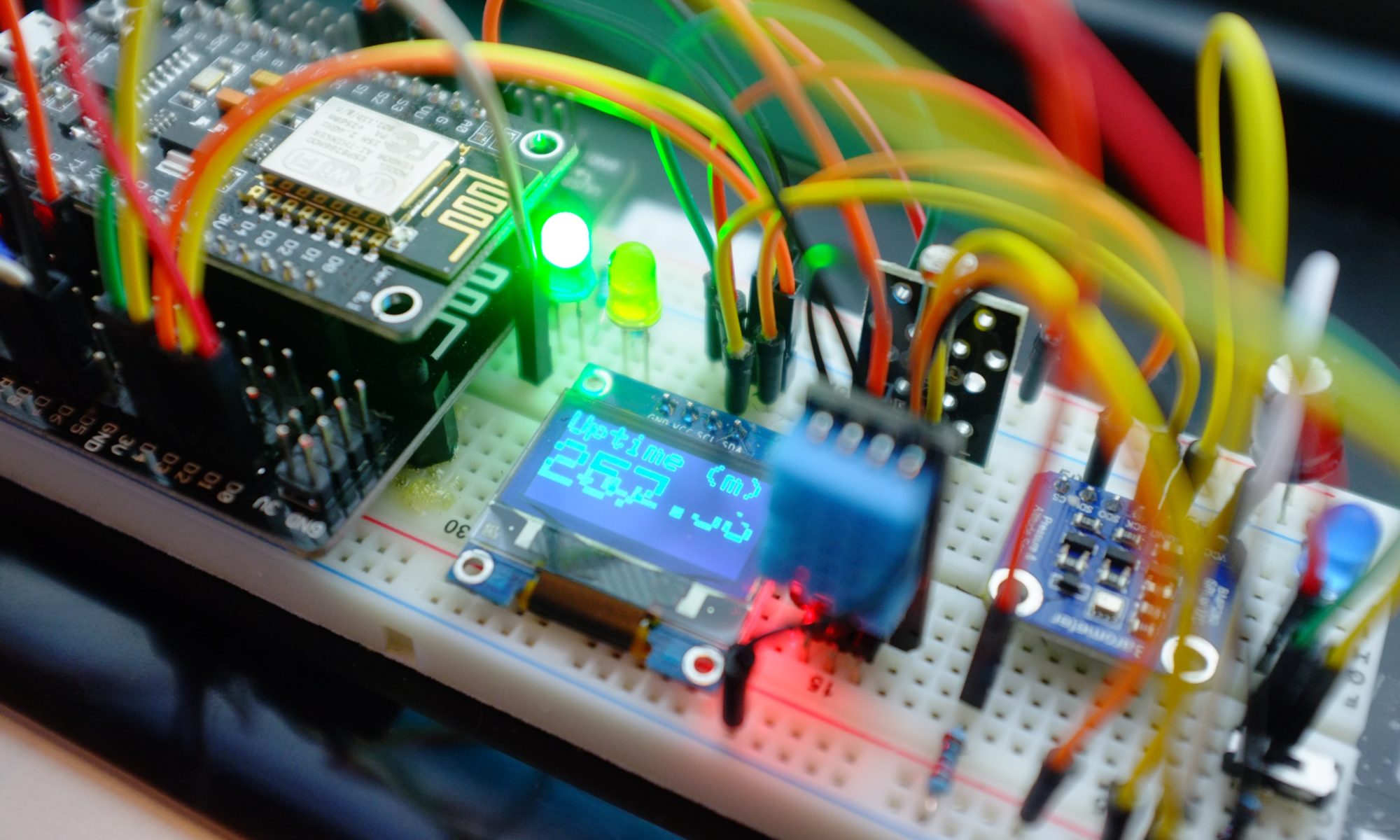Small remote sensors may not send a timestamp with every message and this can make later processing and analysis a challenge. Typically you want to think of IoT Data as being a time-series and there’s a bit of a clue in that name.
So how do we cope with messages that don’t have any hint of a timestamp?
This where the power of the IoT Core Rule comes to play. You will recall that so far we’ve seen rules that look like this;
SELECT * FROM 'rtjm/#'
This rule selects everything arriving on the rtjm/# topic space and sends it on to the destination. But what if we extended this to add in additional information? For example, we can add in the arrival time of the message like this;
SELECT *,timestamp() as received FROM 'rtjm/#'
We’re still using the * as before, but now we’re adding the current timestamp and naming it as a new attribute – ‘received’ – in the message. Sorted!
That’s not all though. What about passing on the topic the messages are received on as well? This can be useful if your device id is contained in the topic rather than the payload of the message for example. How about this for example;
SELECT *,topic() as full_topic, timestamp() as received FROM 'rtjm/#'
This is just scratching the surface of course, for a full list of the capabilities, head on over to the AWS IoT Core documentation on SQL
